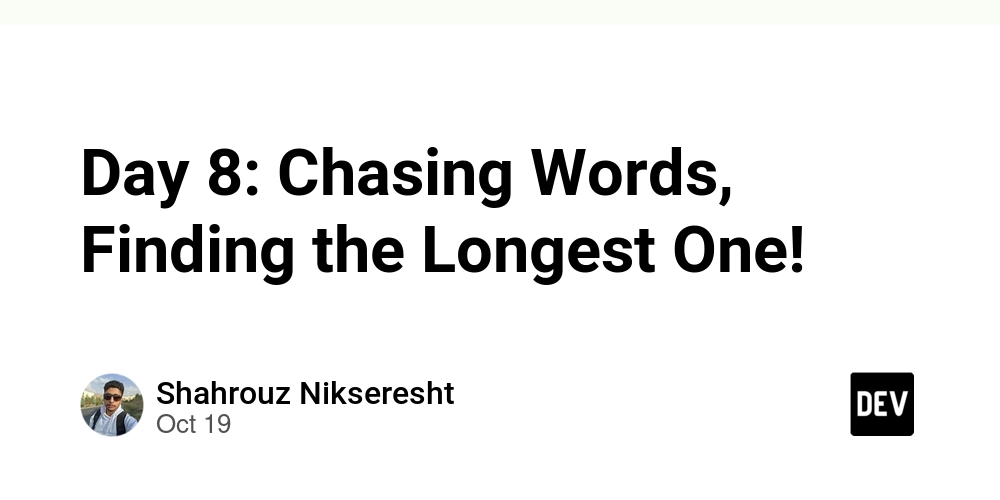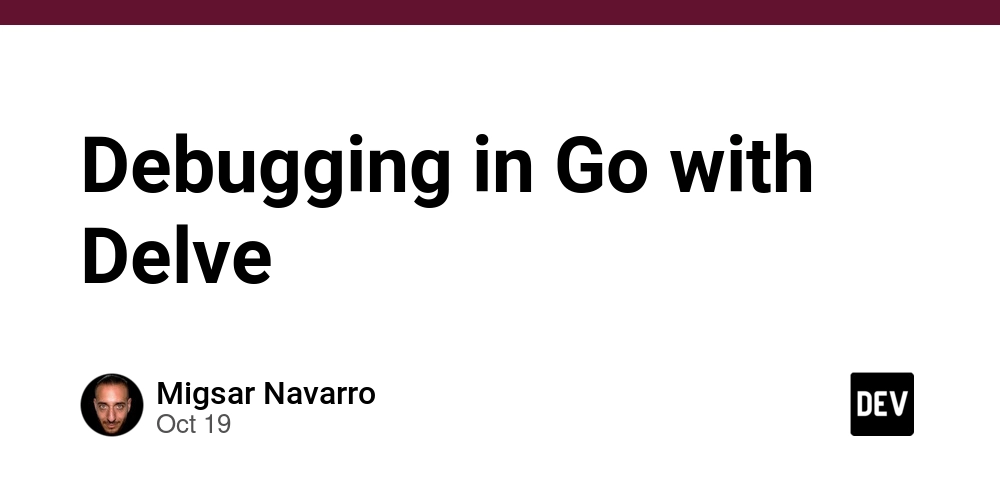Welcome to Challenge #8 in the #80DaysOfChallenges adventure!
Today’s quest isn’t about numbers or movement, it’s all about words, those magical building blocks of meaning. We’re diving into the world of strings to find out which word in a sentence stretches the farthest.
This exercise sharpens your skills in string manipulation, iteration, and logical comparison, the holy trinity for mastering text-based operations in programming.
💡 Objective: The Longest Word Wins
Here’s the challenge:
Given a sentence, find the longest word in it.
If there’s a tie, multiple words with the same length, we return the first one we encounter.
Simple? Yes.
Deceptively educational? Absolutely.
This small puzzle teaches how to break sentences into pieces, scan them efficiently, and make comparisons. It’s the kind of thinking that underlies everything from spell-checkers to search engines.
🧠 The Logic Behind the Hunt
Think of your sentence as a parade of words marching by.
You’re standing on the sidelines with a measuring tape, checking each word’s length as it passes.
Whenever a new champion appears, longer than any before, you crown it as the new “Longest Word.”
You keep repeating this until the parade ends, and by then, you’ve found your winner.
It’s a lovely blend of simple iteration and comparison logic. There’s no magic here, just clear, human reasoning turned into code.
🔍 The Final Solution
def find_longest_word(sentence: str) -> str:
"""
Find the longest word in a sentence.
Returns the first one if there are ties.
"""
if not sentence.strip():
return "" # Handle empty or whitespace-only input
word_list = sentence.split()
longest_word = ""
for current_word in word_list:
if len(current_word) > len(longest_word):
longest_word = current_word
return longest_word
Example Run
sentence = "Python is an amazing programming language"
longest = find_longest_word(sentence)
print(f"The longest word is '{longest}' with length {len(longest)}.")
Output:
The longest word is 'programming' with length 11.
Elegant, readable, and satisfying, like poetry in code.
⚙️ Why This Approach Works So Smoothly
- It’s readable: Anyone can glance at the loop and understand what’s happening.
- It’s efficient: You make a single pass through the list, no unnecessary operations.
- It’s expandable: You could easily extend it to ignore punctuation, handle capitalization, or even track all longest words at once.
This is one of those patterns, iterating and comparing, that sneaks its way into far more complex problems later on.
🎯 Key Takeaway
What looks like a simple text challenge is actually a lesson in pattern recognition and state tracking.
Each comparison is a little decision, “Is this longer?”, and those micro-decisions are the foundation of smart algorithms.
From sorting systems to AI text models, they all start with this humble logic: check, compare, update.
🚀 Try It Yourself
Here are a few experiments to stretch your mind (and your code):
- What if you remove punctuation before comparing words?
- How would you handle cases where multiple words share the same maximum length, list them all, perhaps?
- Could you adapt this to find the shortest word instead?
Push your code a little further each time. Every tweak is a new insight into how computers “think” about language.
Challenge Resources
• Source Code for Challenge #8: scripts/longest_word.py
• Main Repository: 80-days-of-challenges
• Daily Updates: Twitter/X (@Shahrouzlogs)



